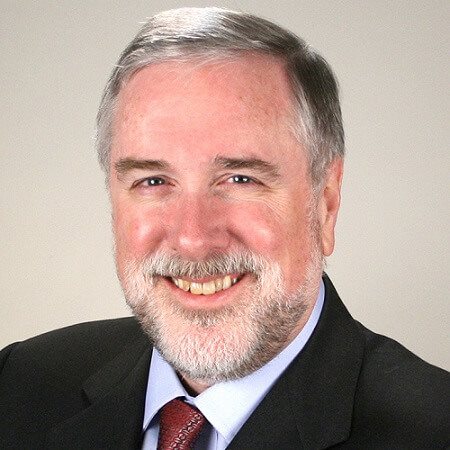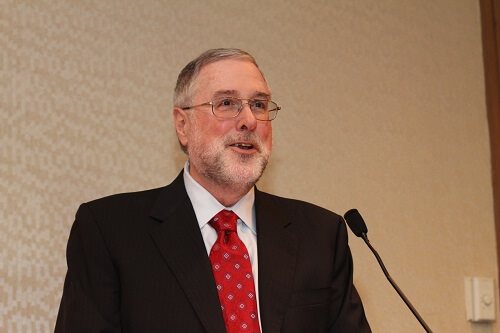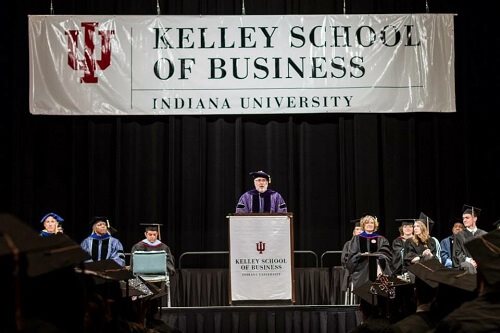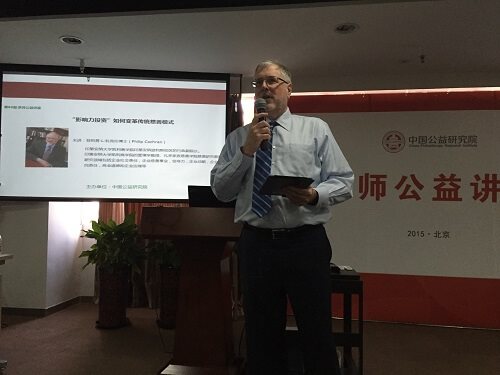Professor Philip Cochran is a Professor of Management at the Kelley School of Business, the Thomas W. Binford Chair in Corporate Citizenship, Affiliate Pofessor of Philanthropic Studies in the Lilly Family School of Philanthropy, Adjunct Professor of Health Policy and Management at the Fairbanks School of Public Health, Executive Associate Dean Emeritus for the Kelley School of Business Indianapolis where he served for 9 years. He also served as the Director of Indiana University’s Randall L. Tobias Center for Leadership Excellence for 11 years. Professor Cochran is an expert in the areas of corporate citizenship, business ethics, corporate social responsibility, issue management and corporate governance.
His current research focuses on how organizations do and should respond to types of major crisis that are often referred to as “Black Swans”. Black Swans are extremely rare events with severe consequences. There are many other potential Black Swans. A current example of a Black Swans is the one we’re in right now and that is the COVID-19 pandemic. This historically happens once every 100 years. Right now, about 900,00 Americans have died of COVID-19. The 1918 Flu, which was the previous global pandemic, killed about 680,00 Americans and about 50 million people worldwide. This is about twice as many as people that died in all of World War I. Other examples of Black Swans include major supply chain disruptions such as the recent blockage of the Suez Canal which had global repercussions. Nuclear accidents like the Fukushima Nuclear Meltdown that led to major crisis in Japan and a crisis with nuclear power all over the world. The tsunami that triggered that meltdown was a 1 in 1,000-year tsunami that government leaders simply were not ready for. Black Swans can also be major weather events such as Hurricane Katrina or Superstorm Sandy. Those usually occur once every 20 years. Black Swans can also be blizzards. The United States of America has not had a major blizzard in over 100 years. Black Swans also include floods, droughts, volcanic events, earth quakes, nuclear wars, and solar flares. The last time a major solar flare hit the planet was in 1859 during the Carrington Event in which the Northern and Southern lights were visible from the equator. The next time a solar storm occurs, it will probably fry most of our computers, electronics, cell phones, and automobiles rendering them nonfunctional and unrepairable. According to the Federal Emergency Management Agency (FEMA), that will probably set the world back technologically to the 1880’s.
Professor Cochran seeks to understand why society ignores Black Swans and how successful organizations respond to them. Current research findings suggest that organizations respond by (1) knowing that such events can occur, (2) engaging in scenario planning, (3) building their organizational resilience, (4) creating redundancy in their supply-chains, and (5) building sustainable business practices.
Meet Philip Cochran


I want to see how firms, not-for-profits, and government agencies can be more ethical and responsive to the social issues that face them, and then help them improve their policies and practices.
Professor Philip Cochran
Research Photos



Q and A with Professor Cochran
I have been interested in the social impacts of business since the emergence of the environmental movement. The Exxon Valdez oil spill triggered what became my professional interest in how organizations in general and firms in particular do and should respond to crises.
I want to see how firms can be more ethical and responsive to the social issues that face them.
I have worked with firms, not-for-profits and government agencies to improve their policies and practices.
Making a difference in how organizations operate.
At this time students are not that involved in my research. In the past I have worked with a number of doctoral students whose interests correspond with mine.
I will on occasion work with governments, not-for-profits and firms on my research interests.
I am very interested in Benefit Corporations, an emerging organization structure.
Conversation with Professor Cochran
On Friday, June 25, 2021 from 12 noon to 1:00 p.m. Professor Cochran gave a virtual presentation about his work on “COVID-25: Preparing for the Next Black Swan.” He discussed what a "Black Swan" is and how organizations can prepare for them.
Interested in Becoming an IUPUI TRIP Scholar?
Eligibility
IUPUI faculty member conducting translational community-based research
Benefits
- Valued member of an extensive network of researchers/collaborators
- Opportunities to showcase work
Subscribe to the TRIP Scholars of the Month

